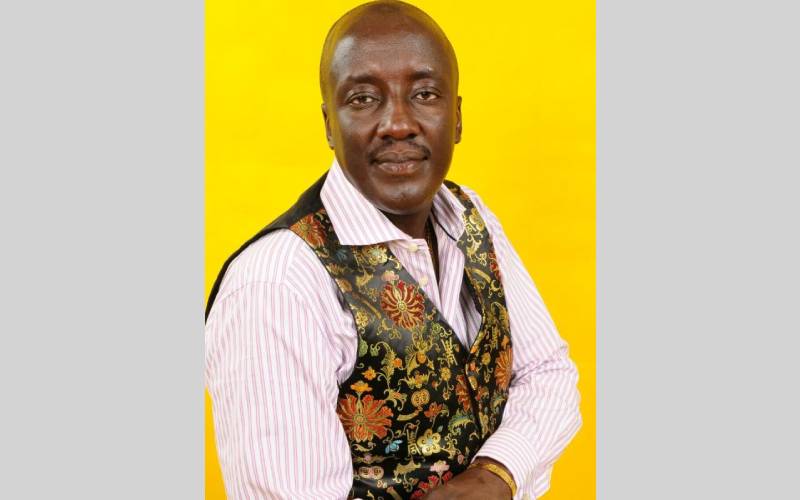×
The Standard e-Paper
Join Thousands Daily

In 2001, I enrolled as an undergraduate student at University of Nairobi. I was one the pioneers of the Module II programme, commonly known as parallel degree programme. Most of the lecturers who taught us sociology and political science were old and headed for retirement.